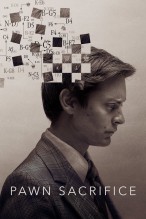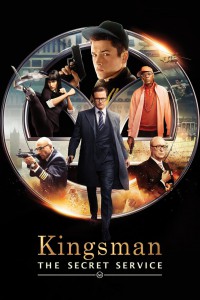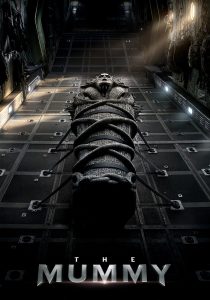Overview
American chess champion Bobby Fischer prepares for a legendary match-up against Russian Boris Spassky.
The life of chess prodigy Bobby Fischer has rich potential for drama. He was a poor kid from Brooklyn who taught himself chess and became the youngest ever US chess champion. In the Cold War era when the Soviets dominated the game, Fischer was the solitary western player who could compete with the Soviet grandmasters. But the line between genius and madness is a thin one, and it was rarely thinner than in the case of Fischer.
Always arrogant, he became increasingly paranoid, seeing conspiracies all around him. In the Candidates tournament that led up to the 1972 world championship he cut an unprecedented swathe through his opponents, winning by unheard-of match margins. He beat former world top ten player Mark Taimanov 6-0, then repeated the same same scoreline in the semi-final, results that sent shockwaves around the chess world. Eventually he reached the world championship final in Reykjavik against the top Russian player and world champion, Boris Spassky. The match gripped the world’s attention and became a symbol of the Cold War struggle: Henry Kissinger really did call Bobby up and encourage him to travel to Iceland to play when he was hesitating. In real life in London’s Leicester Square giant screens were set up to show the games to large crowds. Fischer made increasingly bizarre demands regarding playing conditions that almost derailed the match, but despite losing the first game and sacrificing the next Fischer went on to win the title easily and history was made. The film does give a hint of justification for Fischer’s paranoia in its opening gambit of showing the young man under surveillance by the FBI; his mother Regina was a suspected communist sympathiser and there was indeed an FBI file on him (and a 750 page one on Regina) but the director does not dwell on this sideline.
Chess, an immensely complex game at the top level, is hard to portray on screen, but “Pawn Sacrifice” does a pretty good job of showing the tension and sheer aggression that characterises a competitive chess game. It is helped by a fine performance by Toby Maguire as the mercurial, clinically certifiable Fischer, a Jew who espoused anti-Semitic conspiracy theories all while playing some of the most creative and beautiful chess ever played. The movie has some irritating and avoidable minor flaws. The filmmakers got the name of the match arbiter slightly wrong and unnecessarily messed around with the chronology of the matches before the championship. In a small scene that would make any chess player cringe, they showed Bobby studiously analysing the ludicrous initial moves “1. h4 h5”, which would not appear on the board of even the humblest beginner, never mind a grandmaster. There are numerous other minor liberties taken with the real historical events, though none that really distracts from the overall story.
Despite such carelessness, the film is carried along by the central acting performance and good film direction, which never allows the film to drag. There is also a solid supporting performance by Liev Schrieber as Boris Spassky, in real life as suave and gentlemanly as the film depicts him. It would perhaps have been good to emphasise just how much immense was the popular attention the match gained, raising chess to a level of public awareness never seen before or since, but the film focuses on the fragile mental state of Fischer, and steers largely clear of geopolitics.
Perhaps wisely, the movie mentions only en passant the aftermath of the match, where Fischer stopped playing chess and descended further into madness. He was arrested for vagrancy and eventually being a fugitive from US authorities before being granted asylum in Iceland, a country he had single-handedly put on the global map. Pawn Sacrifice does an admirable job of telling the story of a deeply troubled genius, who for a fleeting time raised a humble board game to a level that drew the undivided attention of world leaders and the public alike.











